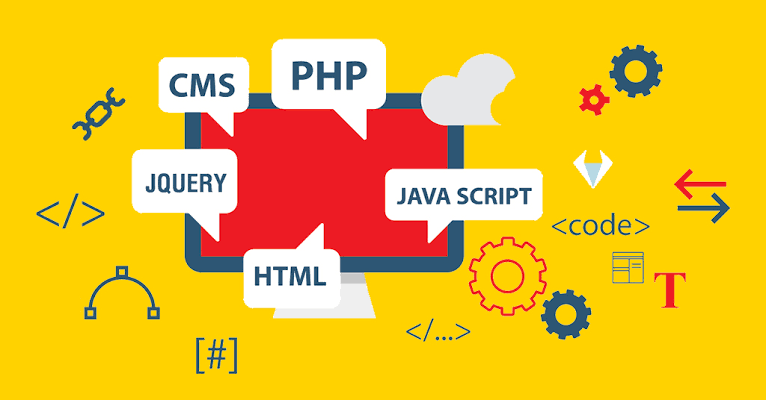
The difference between Java and JavaScript is one of those things that confuses almost everyone when they first hear about programming. The names sound alike, so many people think they’re the same thing or closely related. But the truth is, they are very different, and understanding how they differ can save you a lot of confusion especially if you’re just starting out in tech.
Let’s be honest. If you’re new to programming, hearing “Java” and “JavaScript” can feel like hearing twins’ names. You might assume they do the same job, or that one is just a shorter version of the other. But once you dig in, you’ll see that these two languages are used in totally different ways.
That’s why learning the difference between Java and JavaScript is important.
Firstly, Java is a programming language used for building large applications like mobile apps, banking systems, or enterprise software.
JavaScript, on the other hand, is mainly used for making websites interactive things like animations, buttons that work when you click them, or pop-ups.
A Quick Look at Their Backgrounds
Java
Well, Java was created in the mid-90s by Sun Microsystems. Its slogan was “Write once, run anywhere,” which simply means that if you write a program in Java, it can run on almost any computer or device. Today, Java is everywhere you’ll find it in Android apps, big financial systems, and even some computer games.
JavaScript
Similarly, JavaScript came around the same time but had a totally different purpose. Netscape created it in 1995 to make websites less boring. Without JavaScript, web pages would just be plain text and images. With it, you get dropdown menus, forms that validate your details, and even interactive maps.
The Key Differences Between Java and JavaScript
Purpose and Use
This is the biggest difference between Java and JavaScript. Java is used to build heavy-duty applications like Android apps or enterprise-level systems. JavaScript, meanwhile, is used mostly in web browsers to add “life” to websites.
How They Run
Java programs need to be compiled first, which means the code is translated into a language the computer understands before it runs. JavaScript doesn’t need that because it runs directly in your browser, making it super quick to test and update.
Complexity
Java is stricter and has more rules. You have to define things clearly before they work. While, JavaScript is more relaxed you can get started faster and write with fewer restrictions. That’s why many beginners love starting with JavaScript.
Platforms
Java uses something called the Java Virtual Machine (JVM), which lets it run on almost any platform. JavaScript is built right into browsers like Chrome, Safari, and Firefox, so it’s instantly accessible anywhere there’s a browser.
Real-Life Applications
Java can be used in banking apps, Android apps, enterprise systems, and large desktop software.While JavaScript can be used on websites, interactive web apps, animations, and even server-side programs (thanks to Node.js).
Why the Confusion?
So, if they’re so different, why do people mix them up? The answer is marketing. Back when JavaScript was launched, Java was already getting popular. To make JavaScript sound appealing, Netscape decided to use the “Java” name even though the two languages had little in common. And the confusion has stuck ever since!
Which One Should You Learn?

This depends on what you want to do.If you want to build Android apps, desktop apps, or work in enterprise software, go for Java.However, if your goal is to create interactive websites or web apps, then JavaScript is the language you should start with.
Many developers even learn both, because they serve very different purposes but are equally valuable in today’s tech world.If you’re a business owner and unsure which one to use for your project, Albanny Technologies can help you make the right decision. Besides, we also make the learning process seamless for you!
Conclusion
By now, the difference between Java and JavaScript should be crystal clear. Java is the heavyweight language used for big, complex applications, while JavaScript is the go-to language for making websites interactive and engaging. They may share part of their names, but they live in completely different worlds.
So, the next time someone asks you, “What’s the difference between Java and JavaScript?” you’ll not only be able to give the quick version but also explain the details like a pro.
Benson is a Senior Digital Strategist at Albanny Technologies with over 5 years of experience in high-end web development and technical SEO. Specializing in helping Nigerian businesses scale their digital footprint, he translates complex technology into actionable growth strategies. When he’s not auditing site performance, he’s mentoring the next generation of tech talent in West Africa













